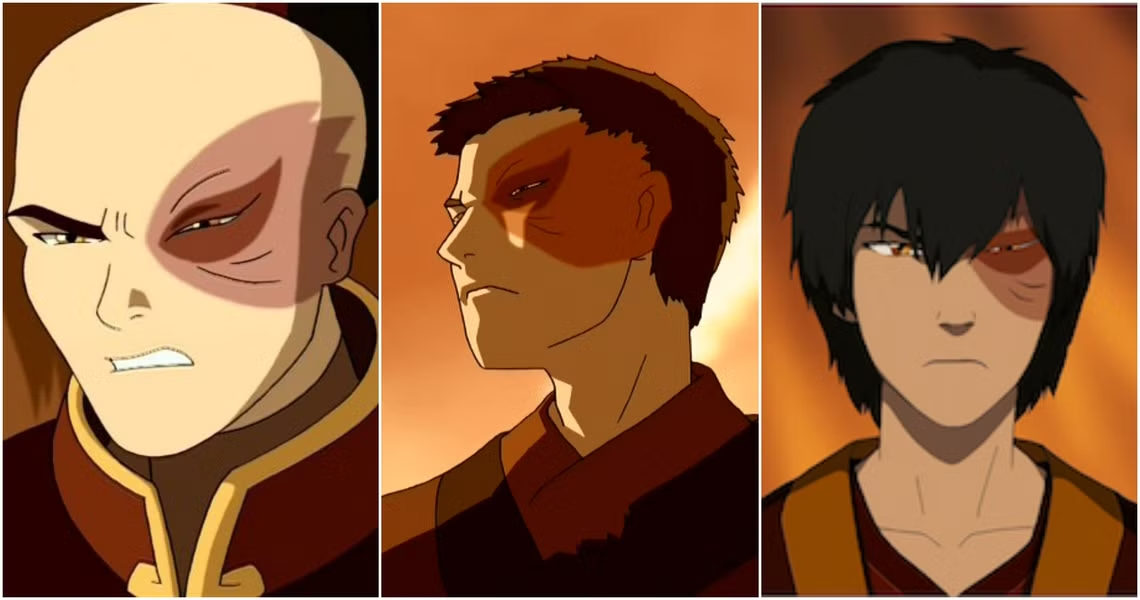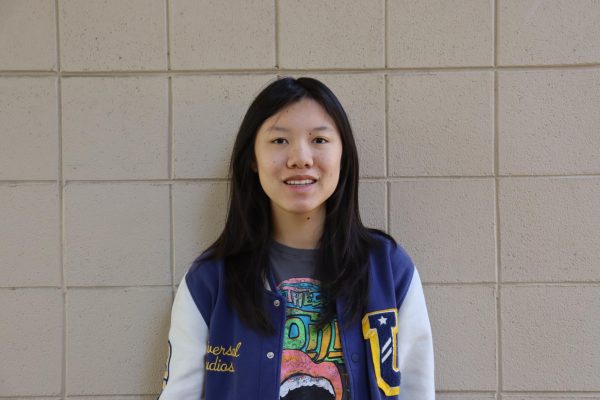When I watch a show or read a book, the premise is what draws me in, and the characters are what keep me hooked.
Not surprisingly, if the story follows a bland character, I lose engagement. They don’t have to be my favorite characters, but there are certain characteristics that make certain protagonists compelling.
I especially love characters that start off as antagonists and then turn into protagonists over the course of the plot. They’re great because they exhibit so much growth — that is if the story is executed well. Even though they typically struggle more than any of the other characters in the story, you get to watch them go from a loveable jerk into someone just trying their best to be good.
Watching them realize their misdeeds is just as satisfying as when they try to redeem themselves. Their complex interactions with the other characters are often amusing and surprisingly deep. Characters like Zuko from “Avatar the Last Airbender” or Hunter from “The Owl House” are prime examples of this.
The other kind of character that I love is the quick-witted jokesters who are actually dealing with a lot more than one might think at first glance and are fairly sympathetic as a result. Though they’re often overlooked because they seem so unserious, they’re the ones who manage to surprise the cast and save the day.
I have always loved characters who are the goofballs of the friend group. They always keep the mood elevated in the story; if done right, the creator can put a lot of depth into them. We often label the goofballs as comedic relief, but when there’s something deeper than their humorous surface, they become my golden characters. Nikolai from “Shadow and Bone,” a charming and funny yet secretly cunning character, and Qibli from “Wings of Fire” are the ones I would use as an example of this archetype.
They’re endearing, and even the supporting cast only slowly realizes they’re not just there to crack jokes.
Because these characters aren’t typically featured as the main character, I would love to see more of these archetypes as the story’s protagonists and follow them from their point of view instead of having them as part of the supporting cast.
For now, I’ll continue hoping for a wider variety of main characters in books, movies and TV shows.




























